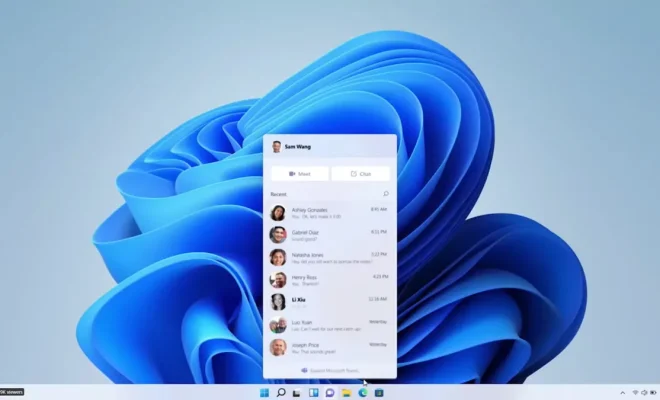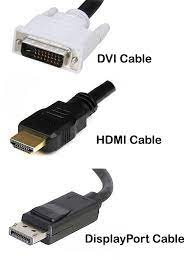Buying a Car Out of State: Everything You Need To Know

Introduction:
Purchasing a vehicle can be both an exciting and daunting experience. The options available in the market are vast, and it is not uncommon for people to explore buying a car out of state to widen their search or save on costs. However, there are several factors you need to consider before venturing into an interstate auto purchase. This article will guide you through everything you need to know when buying a car out of state.
1. Research and shop around:
Take advantage of online resources to research cars that suit your needs and preferences within your budget. Compare prices and features from various dealerships in different states and consider any additional incentives that may apply. Don’t forget to factor in any travel or shipping costs when comparing prices.
2. Inspect the vehicle before committing:
It is essential to personally inspect the car before finalizing any purchase, even if it means traveling out of state. If that’s not possible, consider hiring an independent, professional inspection service to evaluate the car on your behalf.
3. Understand the taxes and registration fees:
Each state has differing sales tax rates and registration fees. Make sure you research the requirements in both your home state and where you plan on purchasing the vehicle to avoid potential surprises when registering the car.
4. Check emissions requirements:
Different states have distinct emission standards for cars, particularly between California and other states. Ensure the vehicle you plan on purchasing meets emission requirements in your state of residence to prevent problems with registration.
5. Obtaining insurance:
Notify your insurance provider about your plans for purchasing a vehicle out-of-state so they can provide guidance on coverage requirements. Once you purchase the car, ensure you have proof of insurance ready as many states require it during registration.
6. Closing the deal:
When finalizing the transaction, familiarize yourself with any required documentation needed, such as a bill of sale, title transfer forms, and an odometer statement. Keep copies of all documents pertaining to your purchase for future reference.
7. Handling transportation:
Once the deal is closed, you’ll need to arrange transport of the vehicle to your home state. Options include driving the car back yourself or hiring a professional transportation service. Either way, ensure you have a temporary permit or license plate for the journey.
8. Registering the vehicle:
After arriving home with the purchased vehicle, promptly complete your home state’s registration process. This usually involves paying taxes, registration fees, and passing any necessary inspections or emissions tests.
In conclusion:
Buying a car out of state can be an advantageous decision when looking for specific models or features. By following these steps and conducting thorough research, you can make an informed buying decision and enjoy the benefits of your new set of wheels.



